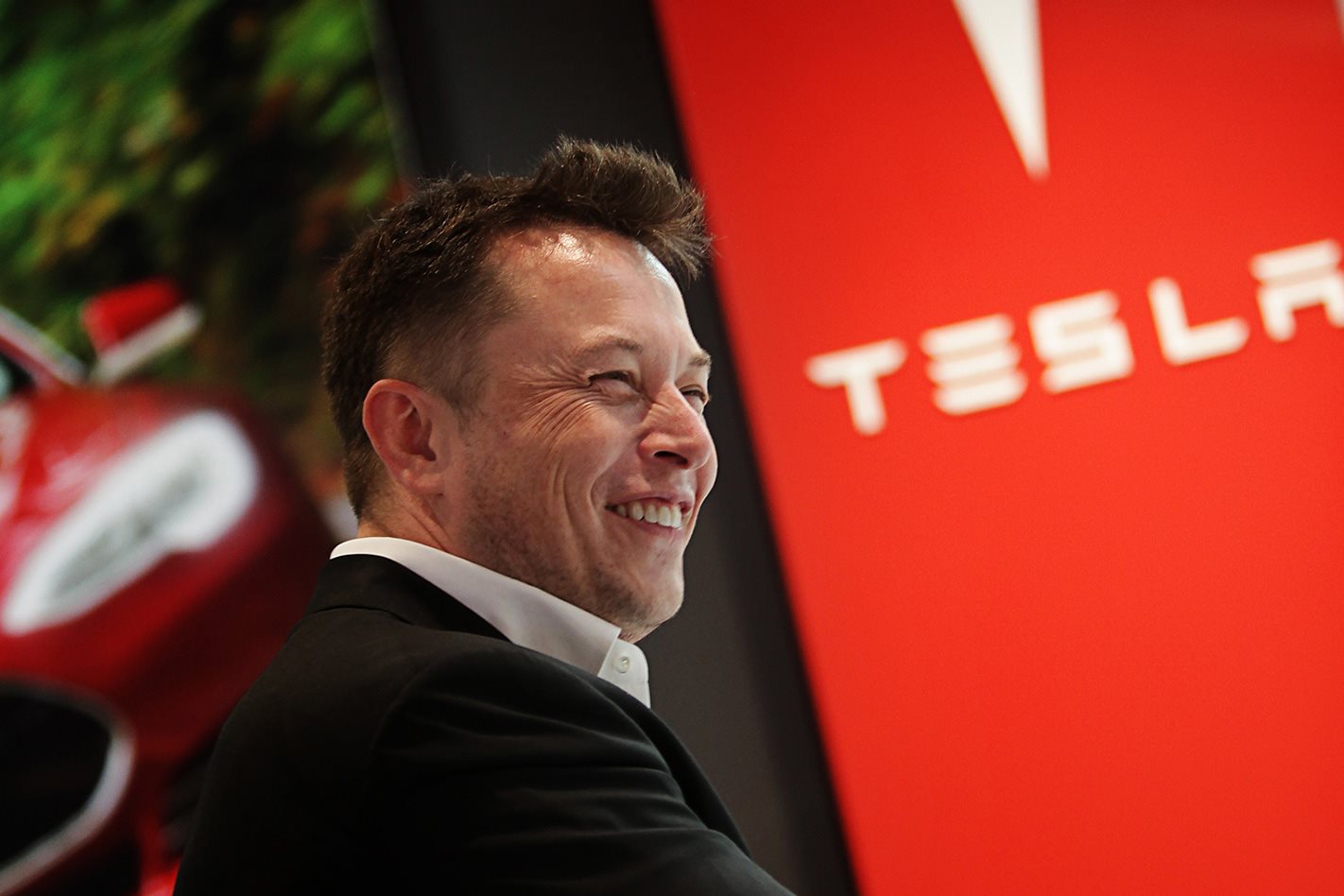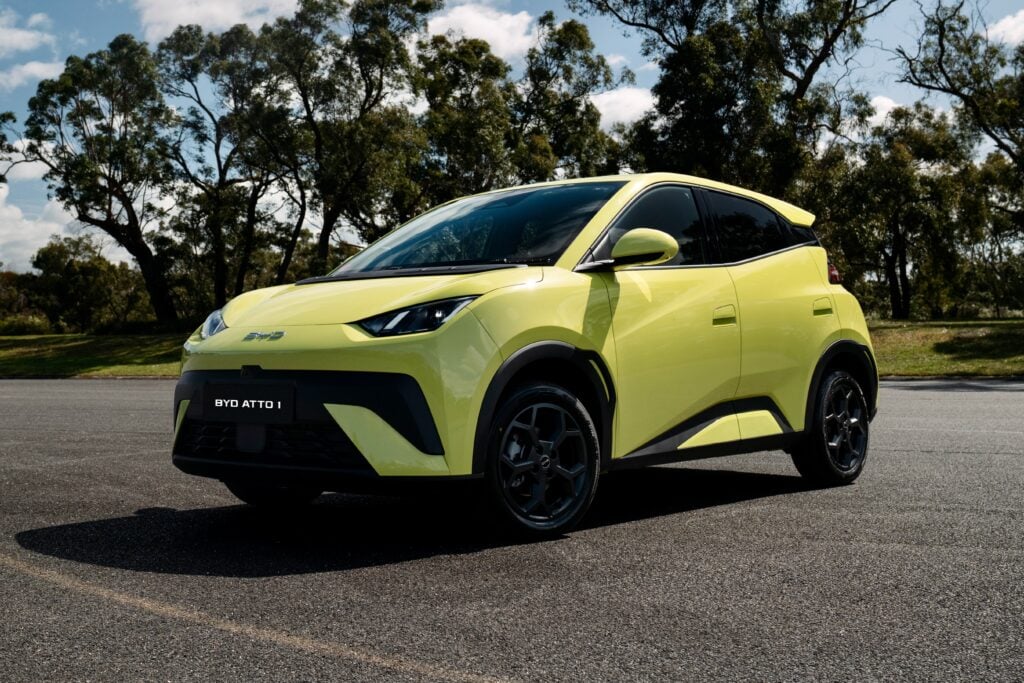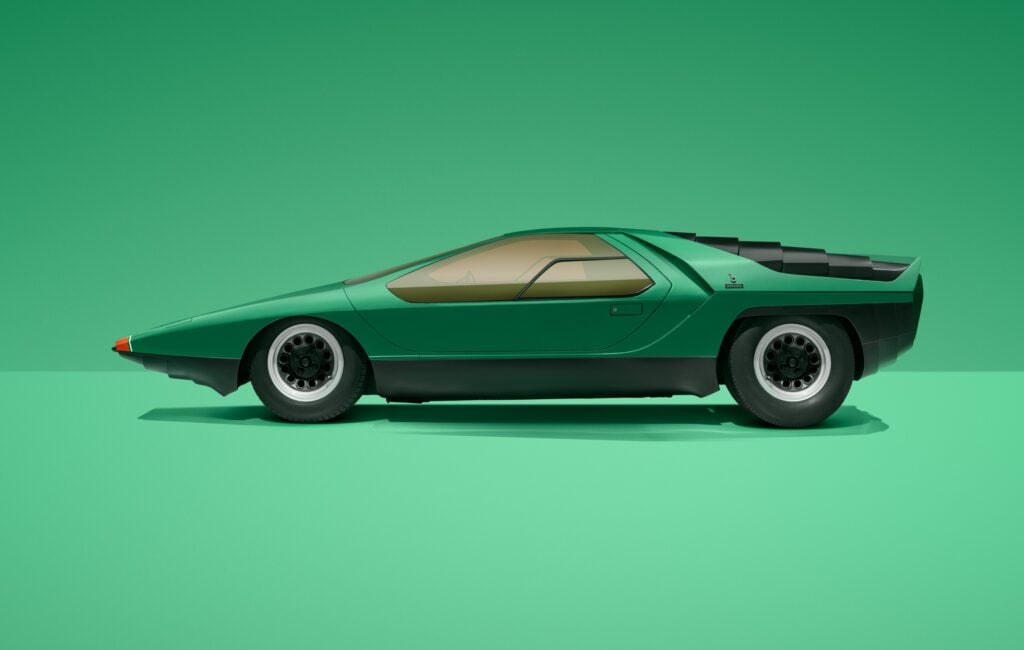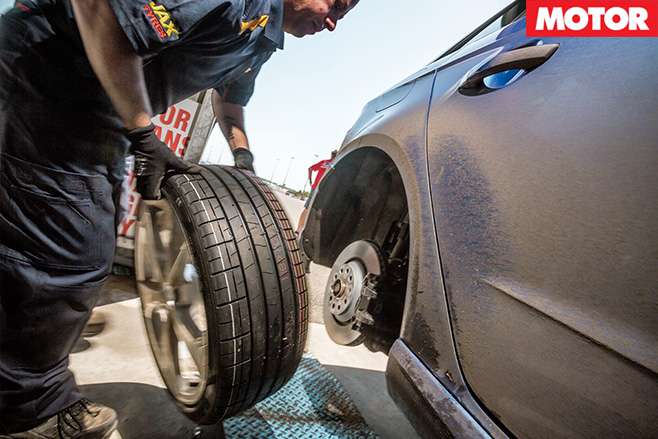First published in the September 2016 issue of Wheels magazine, Australia’s best car mag since 1953.
It’s easy to cast Elon Musk as the villain in a bond film. One who, in the light of recent news, sits in his hollowed-out volcano stroking a white cat and cackling like Scaramanga.
He would certainly have got an evil chuckle out of Porsche’s grandiose announcement that it is set to spend a billion euro developing a production version of the Mission-E concept. A car that, despite being four years away, has claimed performance numbers inferior to those of the Tesla Model S that you can buy today.
But the real mwahahaha moment would have come with BMW’s decision to switch its i Division, set up five years ago to spearhead the company’s move into electric mobility, to a wider brief that will see it shift most attention to developing autonomous vehicles.
So the only carmaker to have set up what was meant to be a Tesla-fighting division has already raised the white flag.
The official spin is that i was always meant to be about innovation rather than just EVs. Which is a pretty poor attempt at a Jedi mind trick: the i3 and i8 have only ever been pushed on the basis of their mostly electric powertrains and – as we reported three months ago – the decision of four of i’s most senior managers and strategists to defect en masse to an unknown Chinese EV startup gives a good indication of how well things have been going.
Even BMW admits the i3 has been a sales disappointment, with the carbon-bodied golf kart struggling to sell anywhere that doesn’t pay generous subsidies. Germany is just starting to offer these, and demand has risen accordingly, so there will be a rise in demand, but not to Tesla levels. The bigger i5 model has been canned with the next entirely new i now pushed to 2021. Meanwhile, Tesla has taken tens of thousands of deposits for its forthcoming Model 3, which will sit in almost exactly the same part of the market.
For all we’re told that Tesla is a flash in the pan, it seems to be winning completely unopposed at the moment; it’s the only car company in the world to produce EVs that people want to buy. Musk’s prediction that Tesla will be making more than 500,000 cars a year by 2020 still seems fanciful – the brand has a history of hitting all its targets late – but it’s still causing something close to panic in German boardrooms.
Tesla’s fanbase often seems like a cult, one that’s prepared to drink any Kool-Aid Musk orders them to, and willfully blind to some of the company’s more egregious quality failures. But this is an automotive brand that’s proved itself capable of inspiring the sort of passions normally reserved for Italian supercars or Aussie-built saloons. It’s hard to imagine a 5-Series plug-in hybrid with an XL battery pack producing a similar emotional response.
BMW’s real fear is the one shared by the rest of the car industry – that buyers will view electric mobility as being different from old-fashioned internal combustion, especially as we move towards click-and-go autonomy. Look back a decade and you’d have said that Nokia had an unbreakable lock on the mobile phone market.
Is anyone really going to pay extra for the BMW badge on a driverless pod?
i think, therefore i am
BMW never officially confirmed it was working on an i5 model, but we know that development of the mid-size car was well advanced before the i3’s slow sales forced a pause. Now i Division’s official role is to spearhead innovation, both ‘machine learning’ and ‘Level 4’ autonomous tech – pretty much self-driving cars – with this set to make its debut as what’s currently being referred to as the iNext, an EV targeted for launch in 2021. That’s a desperately long wait in a part of the market moving as quickly as this one.






